SERIES REVIEW – Following the release of Halo Infinite for Xbox and PC at the end of last year, this time we get to see Master Chief, the ultra-modern armoured, helmeted space guard of the Halo video games, the genetically enhanced, towering super-soldier, the “saviour of mankind” who was originally trained as a true emotionless killing machine, in a Paramount+ series. Will the new series be faithful to the Xbox video game series that has been around for over 20 years? From what we’ve been told so far, the makers haven’t tried to do that, but we’re still hopeful that the first part of the series will succeed.
Written by Kyle Willen and Steven Kane, directed by Otto Bathurst, and with Steven Spielberg producing, Paramount+’s highly anticipated Halo series is based on the hit first-person shooter video game series Halo: Combat Evolved, which launched 20 years ago and has spawned 15 sequels, spin-offs and remakes, including last year’s Halo Infinite.
The series stars Pablo Schreiber as Petty Officer John-117 Master Chief, a helmeted space guard who has become legendary in the video game world. A genetically modified “Spartan” (SPARTAN) super soldier, Master Chief is humanity’s last hope for survival in the galaxy-spanning war between the United Nations Space Command (UNSC) and the multi-species alien theocracy known as the Covenant in 2552.
The trailer was not representative enough
When I first saw the trailer for the Halo series (initially intended for Showtime before it was moved to Paramount+’s streaming service), I thought, “This looks pretty cool; wow, the elites look big; I hope they don’t sugarcoat the fact that the Spartans were created to suppress the rebellious human colonists. ”
Without giving away the plot, the trailer does not adequately represent the story of the series. The first episode of Halo is exciting and engaging, although it’s hard to say whether the entire season will hold up. All I can say is that this first episode is more ambitious than expected, but it has to be acknowledged that it moves away from the story concept of the original games. With the second season already greenlit, it seems likely that the series creators have a clear idea of how to take it forward.
The diverse and intriguing cast includes Bokeem Woodbine as Sorren-066 (previously featured in Halo: Evolutions); Natasha McElhone, also known from the film Solaris, Dr. Catherine Halsey, the scientist behind the Spartan program; Danny Sapani as Captain Jacob Keyes, a central character in the original game; and Olive Gray as Jacob and Catherine’s daughter, Dr. Miranda Keyes.
A real prequel
The Halo series begins at an interesting narrative moment, where it seems likely that the first season will end around the time the game series begins. Like all “geek” media adaptations, this one will find its audience, who will likely be both delighted and dismayed by the changes that have been made to adapt it to the new medium.
Perhaps the most obvious thing would have been to start the series where the first game begins. There, the spaceship Pillar of Autumn escapes from the interstellar central planet Reach after being attacked by Covenant spaceships near the ringworld “Halo”, and Captain Keyes hands over the ship’s artificial intelligence, Cortana (voiced by Jen Taylor in the games and played by herself in the series) to Master Chief to guard it against the Covenant. Master Chief and a few other astronauts crash on Halo, then for the remainder of the 10-hour campaign (which would fit nicely into 9-10 TV episodes) he and Cortana gather the other lesser known space guards, eventually try to rescue Keyes, discover and fight the alien parasite called Flood, discover that the Halo ring is actually a superweapon, and destroy it. In the sequels, Master Chief continues to protect humanity, fight the Federation (including starting the Federation’s civil war) and the Flood, and gradually learns more about the advanced alien race building Halo, as well as some of the other strange world-building that is rewriting human history.
Story elements used from the books
I’m not sure why so many sci-fi games, such as Assassin’s Creed and Mass Effect, deal with the idea of advanced ancient alien races. Perhaps it’s because people are subconsciously stressing about bombing each other into oblivion, leaving only our technology to be exploited and misunderstood by future generations, as in the Horizon video games. Regardless of whether the TV series ultimately goes down the same path, Halo starts at the very beginning by articulating the prominent role of the fictional planets Reach and Madrigal. Halo: Combat Evolved refers to the fall of the military base on the planet Reach, home to the SPARTAN-II program’s training center, which is later chronicled in the novel The Fall of Reach and the prequel Halo: Reach, while Madrigal has so far only been in the books (though it is mentioned in Halo 3’s spin-off, Halo 3: ODST).
And what is the first part of the Halo series like? It’s already clear that it’s essentially an action-adventure sci-fi series with a dramatic war theme, probably emphasising the importance and heroism of soldiers as warriors who sacrifice their own well-being for the safety of others, as illustrated by the pseudo-realistic “Believe” advertising campaign for Halo 3. If you don’t count Halo fans (who will obviously be divided by the series), then fans of Battlestar Galactica, Stargate, maybe The 100 or The Expanse will be attracted.
More human Master Chief – a good idea?
Furthermore, some of the decisions around the Master Chief’s relationships and behaviour seem to be an attempt to humanise him. While it’s unlikely that fans who are used to the mostly terse, stoic protagonist of video games, Master Chief, would want his character to change, these changes allow viewers who aren’t intimately familiar with the existing franchise to connect with the character.
Still, it may be a mistake to try to reinterpret the original sci-fi to appeal to the widest possible audience; after all, the games are in a position to be made into a series because the story and the world they originally created were unique and compelling enough to make them popular.
Of course, I can accept that adaptations are very rarely exact copies; when fans bitch about it (from the benignly annoying to the venomously malicious), it’s because of the prejudice that the adaptation might change the essence of the work. Here, instead of new fans getting a different reading of an existing story, they get a completely different story.
Halo game developer 343 Industries tried to get ahead of this earlier this year with an official blog post in which Frank O’Connor, the franchise’s creative director, said:
“The timeline of the TV series – the ‘silver timeline’ – will be based on the universe, characters and events already established in the core canon, but will also deviate in subtle and not-so-subtle ways to tell a down-to-earth, human story set in the deeply established Halo universe. Where differences and branching will occur, they will be done in a way that makes sense for the series, meaning that while many events, origins, character arcs and endings will be aligned with the Halo story that fans know, there will be surprises, differences and twists that will be parallel story threads but not identical to the core canon. ”
Real blood and gore sci-fi – this is not Star Wars
Prior to Halo 5: Guardians, all the major first-person shooter Halo games were rated M (mature), mainly because of the blood and violence, which was much more realistic than what we were used to in this style of game. As a successor to these games, it seems credible that the Halo TV series takes on the brutality of violence and its emotional and ethical consequences. It is also commendable for keeping in mind the real stakes of each dramatic moment, and for highlighting the moral failings of the villains, or for contrasting the depiction of warfare with a depiction that could easily become a glorification of science fiction war. Some series about wars in space or in the future (the Star Wars series being a typical example) sometimes omit violence to make the viewing experience more “family-friendly”, thus easing the tension and lowering the stakes. Halo is not nearly as family-friendly, which means that parents should be careful from the start if they want to watch this video game adaptation with children. It may look like Boba Fett on the surface, but it’s actually a whole lot more gruesome and bloody.
Is it wrong that it’s different?
Since the story of the Halo games was – let’s face it – never a story that vilified Frank Herbert or Arthur C. Clarke, I’ll accept any changes that make a good series. The cast is sympathetic, and I was generally impressed with the visual world of the first part. Many expensive projects end up looking cheap these days, but that’s not the case here in the first part: it has a real cinematic visual world, with, for example, pinpoint alien creatures, worth watching on a good big TV in 4K/HDR.
And as an extra for fans, the series’ composer Sean Callery is so reminiscent of Martin O’Donnell’s original score that I had to check to see if it was the same guy. Jen Taylor, who voiced Cortana’s AI in the games, reprises her role in the series. There are first-person passages that draw from the video game HUD, even if they are not exact replicas. The elites also emit the voices used in the games, and the fight scenes look like live-action realisations of the gameplay.
So, I relatively liked the first part of the Halo series, even if the first part of the series is a slightly different, more human character portrayed by Pablo Schreiber compared to the always terse, stoic character of Master Chief, and the story is also different from the video games. (The point is that the first part of what looks like a spectacular, relatively exciting sci-fi series is a fair first part overall, and promises to be a twisty and entertaining sequel.
-BadSector-
Halo S01e01
Direction - 7.6
Actors - 7.2
Story - 7.1
Action/Visuals - 9.2
Ambience - 7.5
7.7
GOOD
So, I relatively liked the first part of the Halo series, even if the first part of the series is a slightly different, more human character portrayed by Pablo Schreiber compared to the always terse, stoic character of Master Chief, and the story is also different from the video games. (The point is that the first part of what looks like a spectacular, relatively exciting sci-fi series is a fair first part overall, and promises to be a twisty and entertaining sequel.

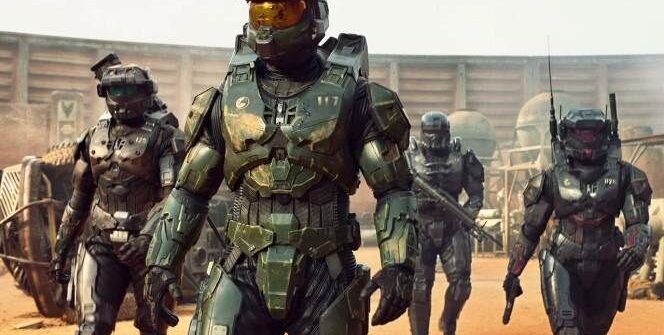
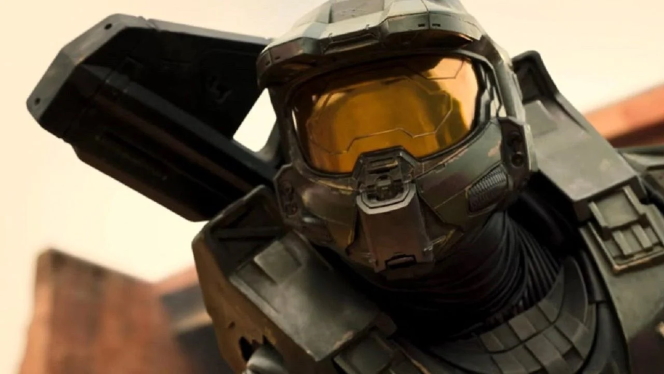
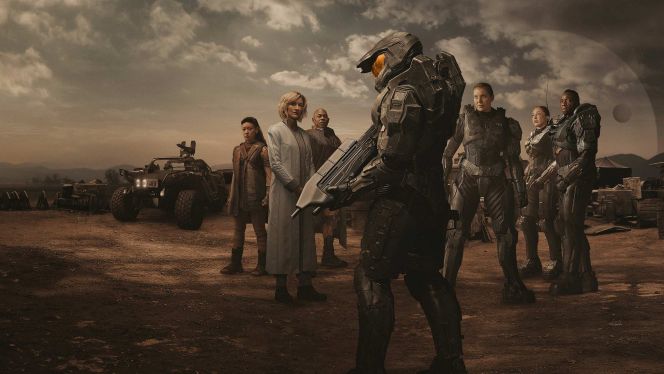
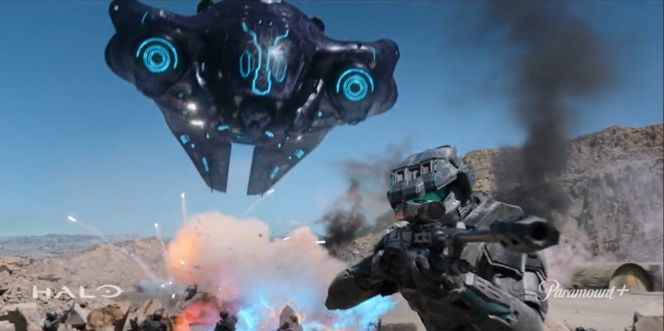
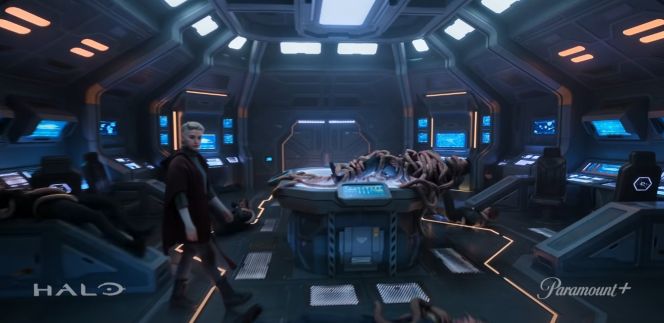
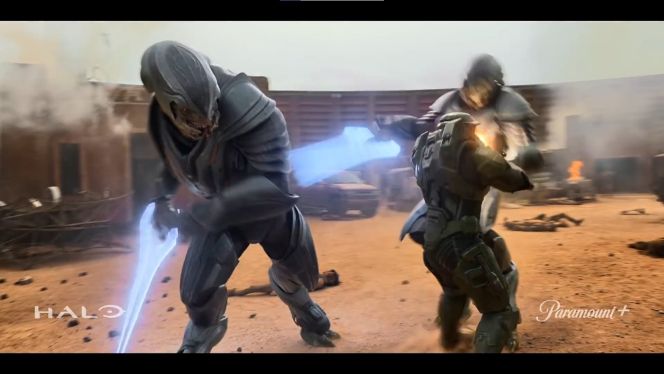

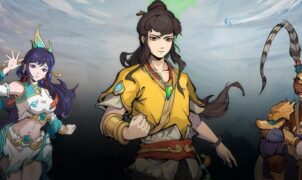

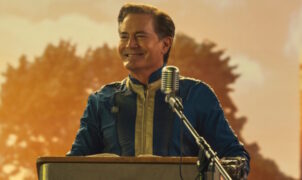

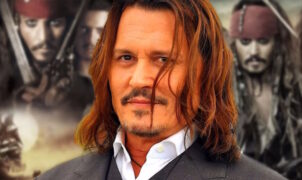
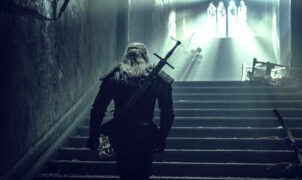
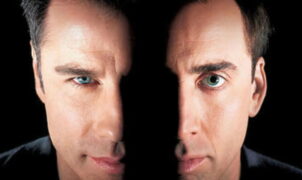
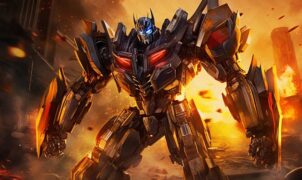


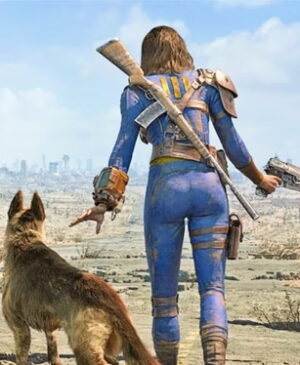
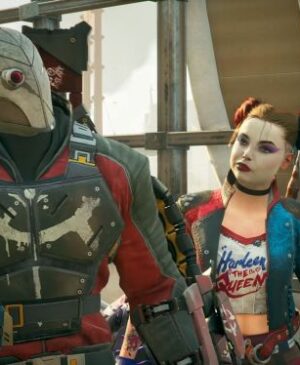
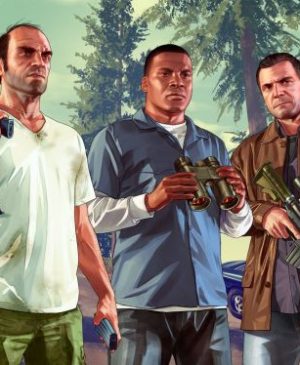
Leave a Reply